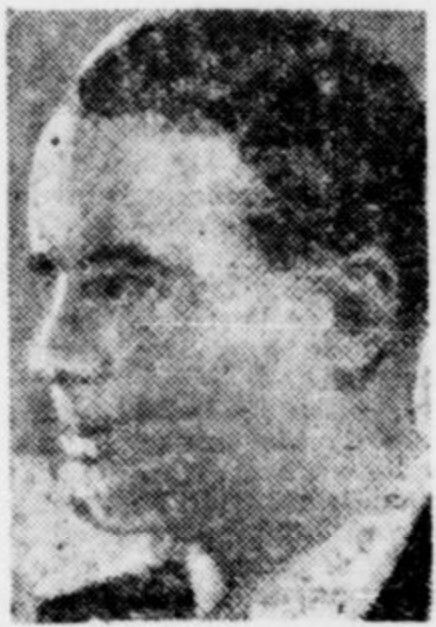Yves Dautun
Yves Dautun was born on 6 August 1903 in Bordeaux (France). He studied music under Paul Dukas at the Paris conservatory and came into public attention in 1925 with an article praising Erik Satie. Together with Robert Caby and Max Fontaine he became Erik Satie’s last students and they accompanied Satie during his final days. From that time till the early 1930s Yves Dautun was active as a composer. Darius Milhaud mentioned him in his article „The day after tomorrow“ in 1925 with the words: The „timid and thoughtful art of Dautun, his curious sonatina for piano and violin [..] – are these the promise of a new phase of French music? The future will tell, and more quickly than one is wont to believe.“
Beside his activities as a composer Yves Dautun’s main work was writing articles for different newspapers. This included reviews on cultural events, but as a political person he more and more evolved into a political journalist and completely quit his work as a composer. In the late 1930s Yves Dautun joined the fascistic Parti Populaire Francais (PPF) of Jacques Doriot and supported the Vichy Regime. During World War II he was a member of the militant group La Cagoule. These activities led to a sentence of 20 years of forced labour after the war. In the early 1950s many fascist collaborators were pardoned, among them Yves Dautun. He then continued his literary work on political topics and never returned to music.
Yves Dautun died on 15 September 1973.
The work catalogue of Yves Dautun is unexplored. I found information about these compositions in French newspapers:
- Porte de Vincennes, for orchestra (1926)
- Sonatine for violin and piano (before 1928)
- Piece detachee (before 1929)
- Ondes, for organ, violin, viola and 2 harps (before 1930)
- Suite des amours frelatees, for orchestra (before 1930)
- Le bouffon et la reine, for orchestra (ballet) (before 1932)
- stage music for „La sonate inachevee“ (before 1932)
- La Francaise, dance for piano (before 1932)
- stage music for „Montmartre“ (before 1933)
In my possession is the autograph manuscript of the composition "Sports - 11 mouvements en plein air" for orchestra by Yves Dautun. The work originally contained 11 parts of which only the first movement "Porte de Vincennes" survived. My manuscript ends abruptly at the beginning of the second movement "Pershing" and is marked "fin" right before. This end marking is signed by Yves Dautun and dated 13 December 1926. This makes it likely that Yves Dautun omitted the other 10 movements and let the first movement be the complete composition.
